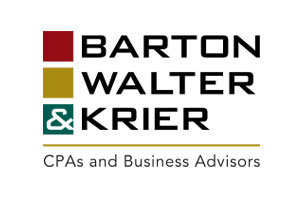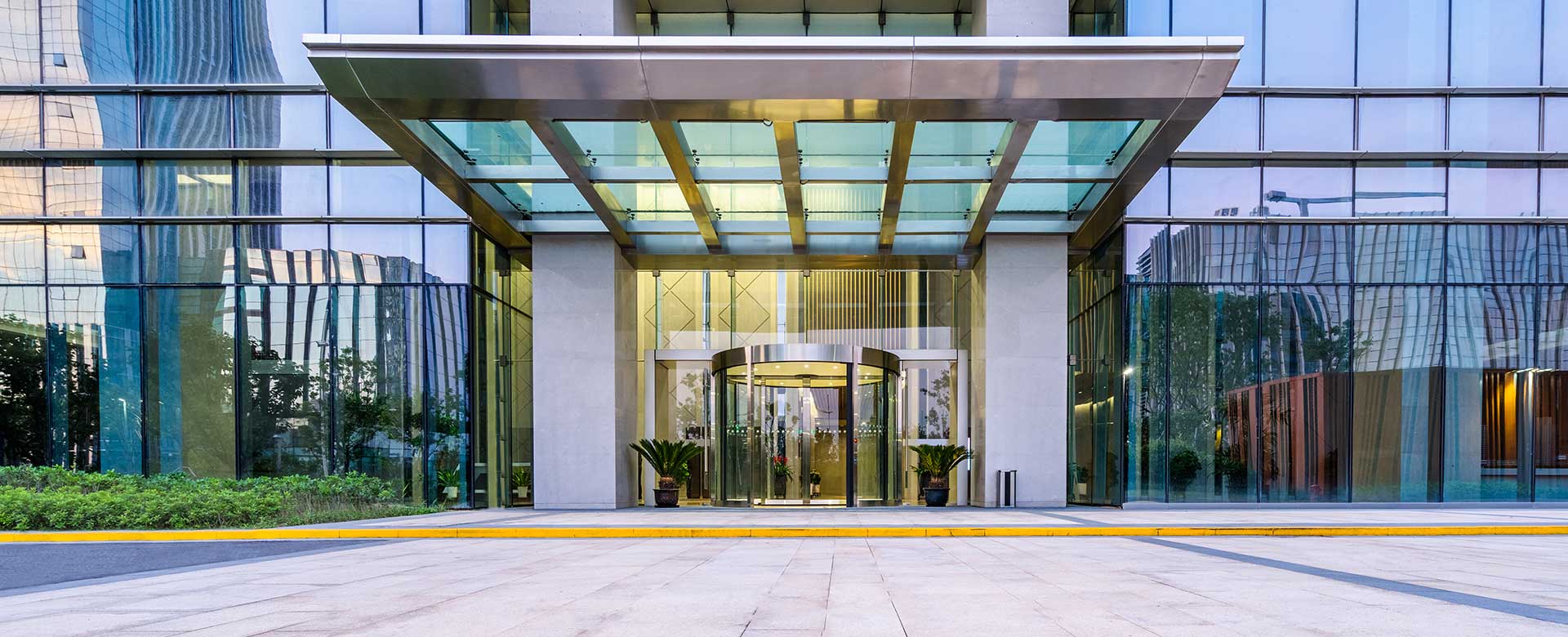Like-Kind Exchange Basics
February 23, 2023 | Barton Walter and KrierBuying and selling makes the business world go ’round. This is true for products, services, and even real estate. But be aware that selling property for a significant financial gain often means you’re paying a substantial amount of taxes. Reinvesting those profits can help defer tax payments on qualifying property sales. Let’s look at like-kind exchange basics and how this strategy can benefit you.
Defining Like-Kind Exchanges
If you make money from the sale of a business or investment property, you’re required to pay capital gains tax on the profit. Capital gains tax rates depend on the time frame of the sale and its profits —short-term at 10-37 percent, or long-term between 10-20 percent.
Internal Revenue Code Section 1031 allows a seller to postpone paying capital gains tax by reinvesting the profit in a qualifying like-kind exchange (or 1031 exchange). However, to avoid a tax liability, keep in mind that:
• The property being sold cannot be a principal residence
• Property purchased with the profits must be similar to the property being sold
• The properties must be exchanged and not sold directly
• Properties must be within the U.S. to qualify
• The property for purchase must be identified as a like-kind exchange within 45 days and purchased within 180 days of the sale
In addition, properties need not be the same size or type to qualify. Like-kind properties can be similar in nature and may or may not differ in quality or classification. But they must be retained for business or investment objectives rather than for personal use. For instance, some examples of qualifying like-kind exchanges might include:
• A plot of land for an office building
• An inn for a retail center
• An apartment complex for an industrial factory or warehouse
• A medical clinic for an outlet mall
How the Process Works
The details for executing a like-kind exchange — or 1031 exchange — can fluctuate based on the situation or exchange. For the most part, however, the process involves a handful of basic steps.
Choose the property for sale. Again, this property should be for business use and not a primary residence.
Decide on the property for purchase. Find a like-kind property of the same nature or character as the property you’re selling.
Work with an experienced intermediary. Due to IRS regulations, you must use an intermediary to take advantage of the tax deferral for a like-kind exchange. If you control any of the profits, your gain is instantly taxable. An intermediary holds your funds until the exchange is finalized. Be sure this is someone you trust, though family members, employees, or people with financial connections to you are prohibited from serving as intermediaries.
Determine your reinvestment. In a like-kind exchange, capital gains tax is deferred on the reinvested portion of profits. If you do not invest all of your gain, you may end up paying capital gains tax on it now.
Watch deadlines. You have 45 days from the sale of your property to find a replacement property for reinvestment and put your request in writing. The new property must be purchased within 180 days after the sale of your initial property.
Notify the IRS. Provide details of your transaction by filing a Form 8824 with your taxes. This outlines the properties, timeline, parties involved, and funding.
Important Details to Remember
A like-kind exchange only postpones your capital gains tax payment. Be prepared to pay that tax when the time comes.
The intermediary you use should be someone you trust to hold your funds. However, you cannot use a relative, your lawyer, or someone who has served in a personal finance capacity in the last two years.
Also of note: The properties you’re selling and buying need not be the same. Similar properties can be exchanged as long as they’re eligible.
Ask the BWK Professionals
While the like-kind exchange basics seem straightforward, they involve a host of rules and specifications. So, it’s beneficial to consult a tax professional before getting started. Our tax experts at Barton, Walter & Krier have extensive knowledge of the ins and outs of 1031 exchanges and can answer your questions. Contact us today to learn more.

